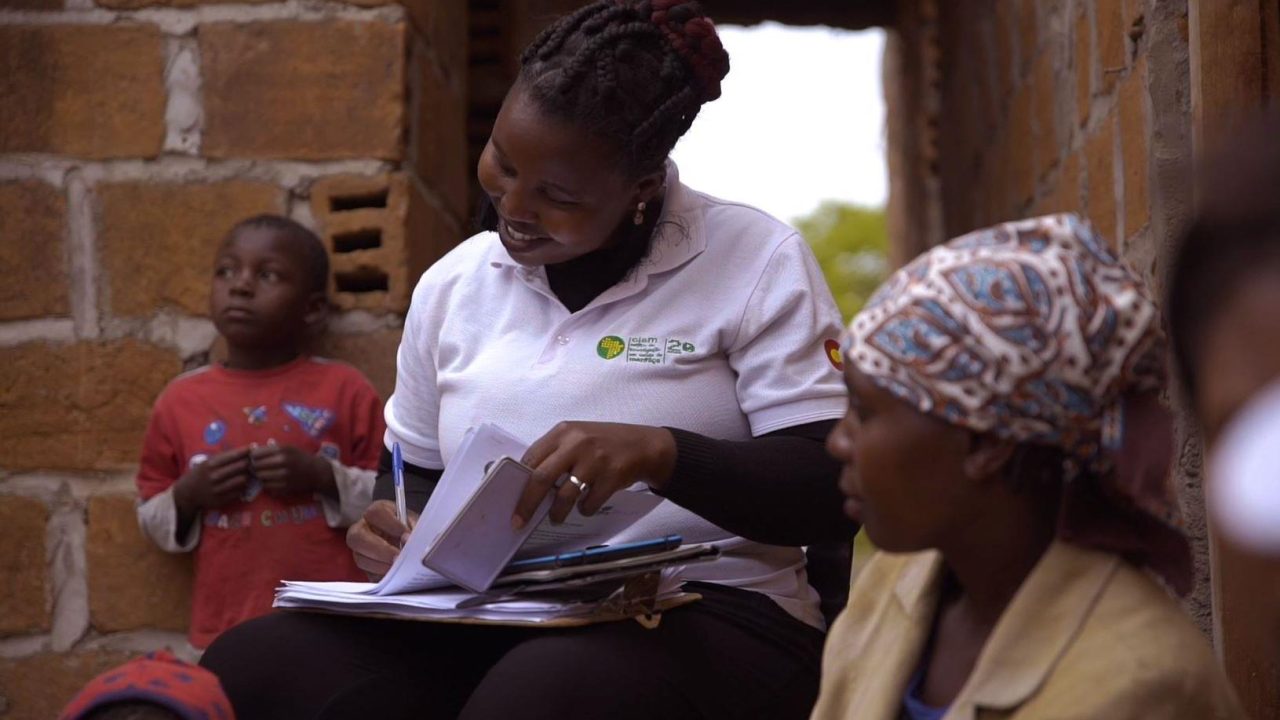Developing an R Package to Connect Outbreak Analysis Tools
Epiverse Collaborates with Go.Data to Make Outbreak Data Analysis Faster and Easier

Introduction:
During disease outbreaks, collecting and analyzing data is essential to understanding the situation at the local, regional, and global levels. But epidemiologists and data scientists face significant challenges because different countries and organizations often use varied tools to collect, clean, and analyze data, — making it difficult to exchange, combine, and interpret outbreak data comprehensively.
The lack of interoperability among outbreak data analysis tools poses several issues. First, it hinders the ability to gain a holistic view of the outbreak, as data from different sources cannot be seamlessly integrated. This makes it challenging to understand the true scale and impact of the outbreak across borders.
Second, incompatible tools may lead to duplication of efforts and inefficient use of resources. Field epidemiologists and analysts may face obstacles in sharing and collaborating on data, causing delays in response times and preventing informed, effective decision-making.
To address this challenge, Epiverse-TRACE has teamed up with the Global Outbreak Alert and Response Network (GOARN) and the World Health Organization (WHO) on a collaborative project called Go.Data.
Go.Data Provides Seamless Data Import and Analysis
Go.Data is a revolutionary initiative developed by GOARN and WHO that aims to deliver powerful and accessible outbreak data analysis tools. It provides a suite of digital tools, including an R package called {godataR}, which serves as an essential bridge connecting the data collected during outbreaks with those who analyze it.
The package allows users to easily perform specific tasks or analyses without having to write the code from scratch, providing a way to share and distribute reusable code. The R package is an API (application programming interface), and enables easy import of data, including reported cases, contacts, locations, and relationships, among others. By using this package, field epidemiologists and analysts can access and analyze critical data in a seamless and standardized manner.
Epiverse-TRACE Collaborates to Enhance Capabilities and Output
Recently, Epiverse-TRACE has played a crucial role in enhancing the capabilities of the {godataR} package. The Epiverse-TRACE team updated the R package to modern standards, including updating parts of the code that import data, code styling, adding unit testing, and package documentation – all while maintaining the functionality.
Additionally, Epiverse-TRACE has integrated code to clean the imported data into {godataR}, streamlining the process of preparing data for analysis. The Epiverse-TRACE team also added novel functionalities to the package, such as a translation function, requested by WHO stakeholders, to make the data more user-friendly.
The next phase of this work is to maximize interoperability between the WHO data tooling and the Epiverse-TRACE analytics tooling. This project will also focus on continuous integration to better monitor package development and ensure its compatibility across computing platforms.
The collaboration between Epiverse-TRACE and Go.Data marks a significant step forward in advancing access to valuable outbreak data analysis tools. By providing a unified and interoperable platform, this partnership enables better contextualization and understanding of local, regional, and global outbreak data. With enhanced data sharing and analysis capabilities, we can respond more effectively to disease outbreaks, safeguarding public health worldwide.